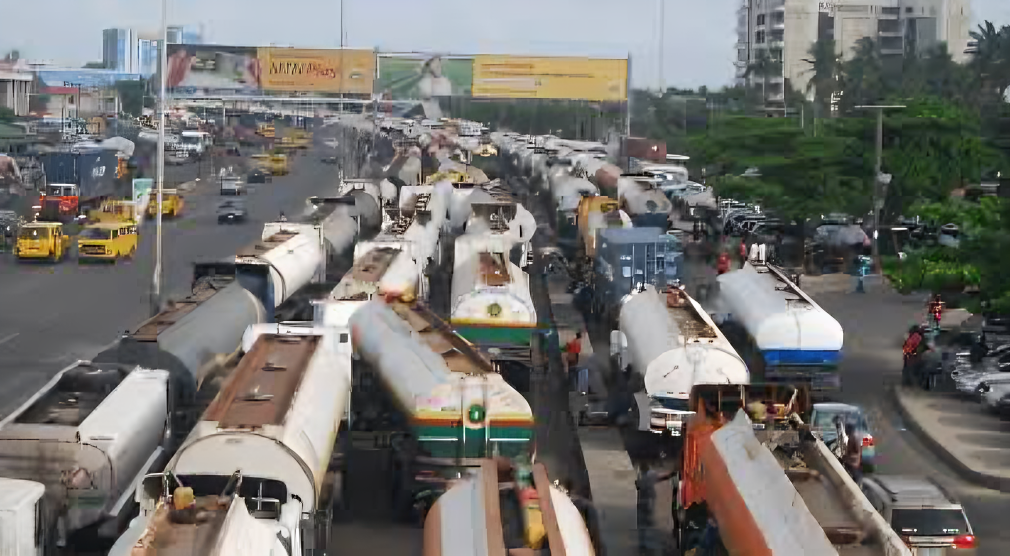KEY POINTS
- Tanker owners could lose N300 billion ($198.7 million) due to the proposed ban.
- NARTO argues poor roads, not tanker size, cause accidents.
- Stakeholders seek a balanced approach to protect businesses and safety.
The Federal Government is considering banning 60,000-liter fuel tankers, citing frequent road accidents involving petroleum transport vehicles.
The Nigerian Midstream and Downstream Petroleum Regulatory Authority (NMDPRA) has proposed a 45,000-liter limit to curb tanker-related explosions and fatalities.
The agency has also introduced other safety measures, such as anti-spill valves, regular stakeholder engagements, and public awareness campaigns to reduce fuel-related disasters.
However, the lack of compliance with existing regulations has contributed to ongoing accidents, prompting the government’s latest move.
The National Association of Road Transport Owners (NARTO) maintains that inadequate road maintenance, vehicle quality and driver competency are the actual causes rather than restricted tanker capacity.
Tanker owners fear massive financial losses
NARTO President Yusuf Othman has warned that the proposed ban could result in losses of up to N300 billion ($198.7 million) for fuel tanker owners.
In an interview, he explained that the association has approximately 2,000 tankers, each valued at N150 million ($99.3 million), all of which would become obsolete under the new regulations.
According to Daily Post, many of these investments are financed through commercial bank loans, and a sudden ban could lead to financial ruin for operators and investors in the sector.
“Every truck owner is an investor, and every investment is made with the expectation of returns,” Othman said. “If these tankers are banned, billions in investments will be wiped out.”
The NARTO accepts the fatal tanker-related accident toll but argues that implementing road condition improvements and existing rule enforcement provides better results compared to tank truck size limitations.
Seeking a win-win solution
The NARTO demands solutions that secure lives yet protect commercial businesses from harm.
NARTO requests that the government collaborate with all stakeholders to discover a safe system that safeguards employment and maintains investment activity.
The proposed ban continues to generate discussions between transport operators, regulators and policymaker, to establish an equilibrium between safety standards and economic stability.
Additionally, Othman emphasized NARTO’s willingness to work with government officials on safety initiatives subject to conditions that protect tanker owners’ financial interests.
The outcome of these discussions will shape how petroleum transport operates in Nigeria through policies that defend tanker operators and protect public safety.



